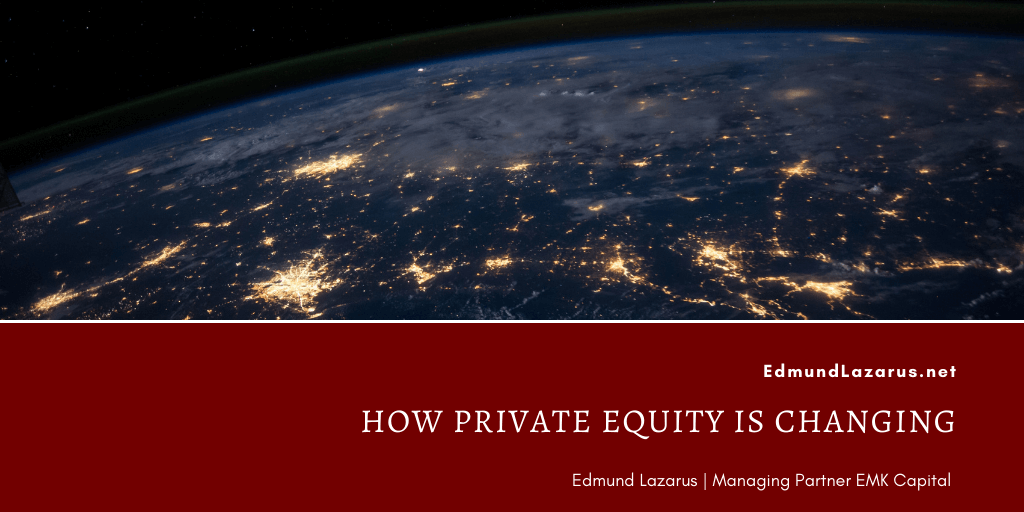The growth of private equity has been one of the most significant changes to capital markets since the 19th Century. Over the past year, the private equity industry itself has seen massive change thanks to the COVID-19 pandemic that swept the world, geopolitical tensions, and civil unrest. In the near future, four megatrends are expected to change it even more: technological advances, globalization, a shift in demographics, and rising environmental issues.
Technological advances
Private equity firms are still overrun with expensive and inefficient manual processes that need to be updated with technology. The rise of artificial intelligence can play a role in automating these processes. Still, PE firms also need to learn how technological advances and geopolitical trends can upset what they’ve long done. The old way of doing things will not go away completely, but it will have to see significant change if PE firms are to keep up.
Globalization
The world is more connected than ever, and additionally, people care about a company’s societal and environmental impact more than ever. Private equity firms will have to embrace ESG whether they like it or not to become more attractive as a buyer. Small companies and family-owned businesses want to sell to firms that will treat their employees well and deliver value primarily through growth rather than leverage or asset sales.
Shifting demographics
As more baby boomers and Gen X are retiring, millennials and even Gen Z are becoming more prevalent in the workforce, including private equity. The younger generation is a driving force behind the rise of ESG and impact investing, and they have different values than the old guard. This means appealing to them takes a different approach.
Environmental issues
One of the most pressing issues is climate change and the environment. After all, it’s what the “E” in ESG stands for. Just as companies are looking for buyers who treat their people and assets well, they are also looking for very low or even negative carbon footprints. On the other side of the coin, buying companies that harm the environment may look bad for private equity firms unless they can deliver rapid change in how such companies operate to make them less harmful.

